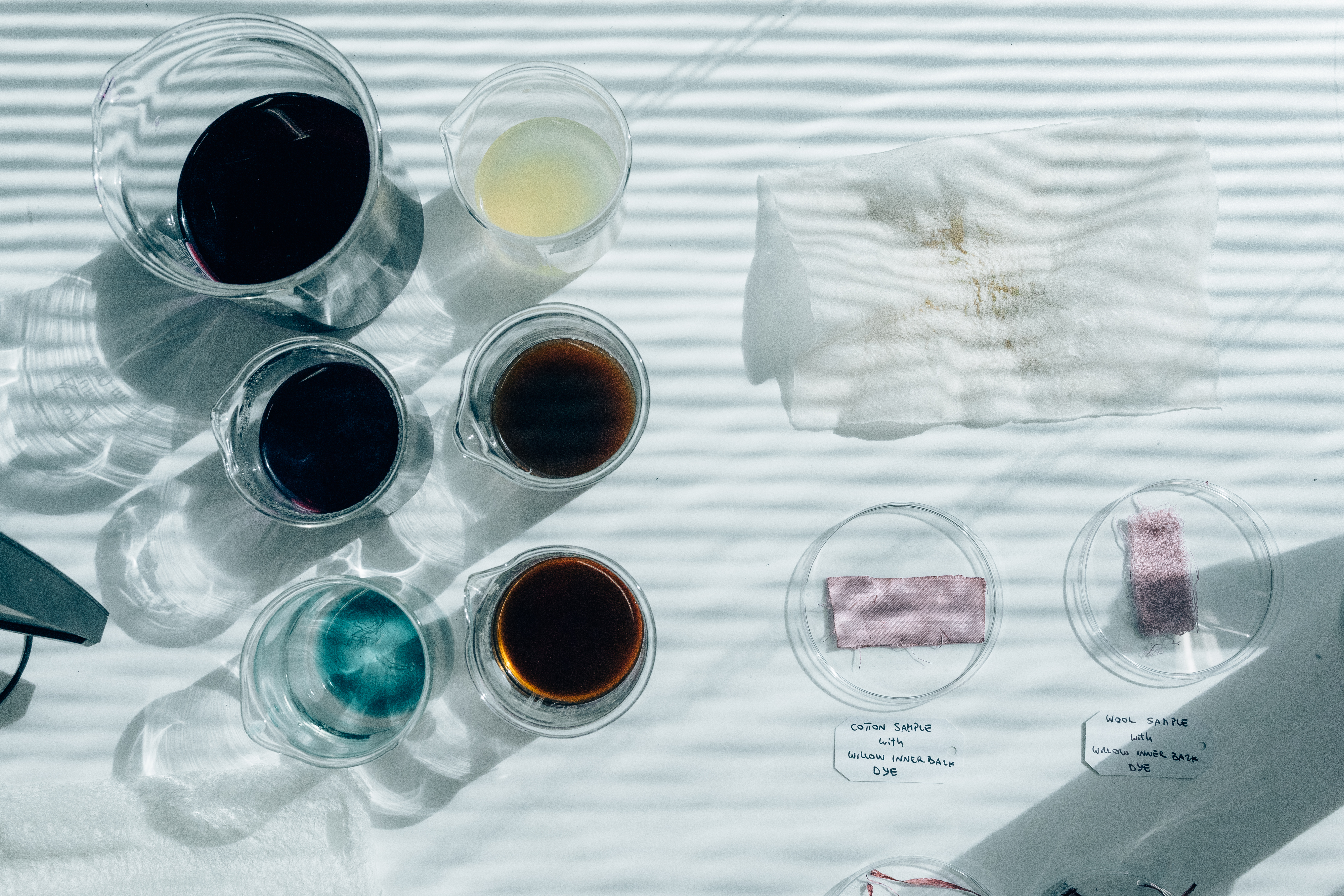
LEARNING OUTCOMES
After the course the student will (i) be familiar with and inspired by lignocellulosic biomaterials, including cellulose fibers, micro- and nanofibrillar cellulose, cellulose derivatives, lignin, bark extractives and novel combinations of these, (ii) understand the basics of material sustainability, (iii) know basic methods and safety rules in explorative material research, (iv) have experience on interdisciplinary working environment in practice and (v) be able to discuss and to apply the gained knowledge in material experiments.
Credits: 5
Schedule: 04.03.2022 - 13.05.2022
Teacher in charge (valid for whole curriculum period):
Teacher in charge (applies in this implementation): Tapani Vuorinen, Pirjo Kääriäinen
Contact information for the course (applies in this implementation):
CEFR level (valid for whole curriculum period):
Language of instruction and studies (applies in this implementation):
Teaching language: English. Languages of study attainment: English
CONTENT, ASSESSMENT AND WORKLOAD
Content
valid for whole curriculum period:
Introductory lectures to bio-based materials, material research and design. Experimenting with bio-based materials in laboratory. A material design project in groups. Final seminar on the design projects.
Assessment Methods and Criteria
valid for whole curriculum period:
Working in laboratory, design project and final presentation.
Workload
valid for whole curriculum period:
Lectures, laboratory works, seminar presentation, individual/group work.
DETAILS
Substitutes for Courses
valid for whole curriculum period:
Prerequisites
valid for whole curriculum period:
SDG: Sustainable Development Goals
9 Industry, Innovation and Infrastructure
12 Responsible Production and Consumption
15 Life on Land
FURTHER INFORMATION
Further Information
valid for whole curriculum period:
One or more student projects can be selected to represent Aalto University in the international Biodesign Challenge competition.
Teaching Language : English
Teaching Period : 2022-2023 Spring IV - V
2023-2024 Spring IV - VEnrollment :
In maximum 80 students will be accepted on the course. The following prioritization principles will be followed in accepting the students: (1) the course is part of student's compulsory studies, (2) the course is part of student's CHEMARTS minor, (3) balanced student distribution between schools, (4) enrollment order.
